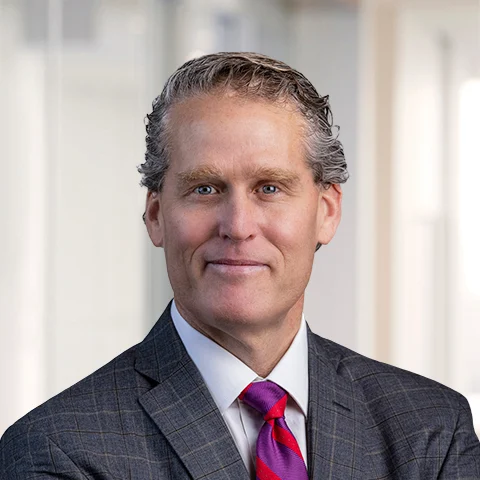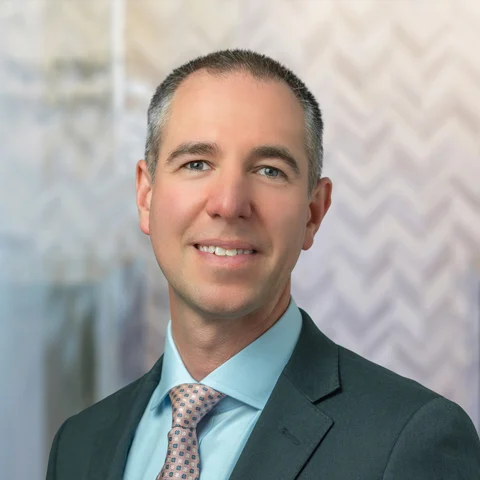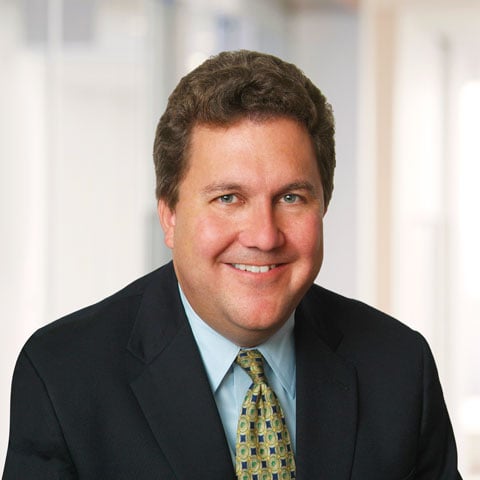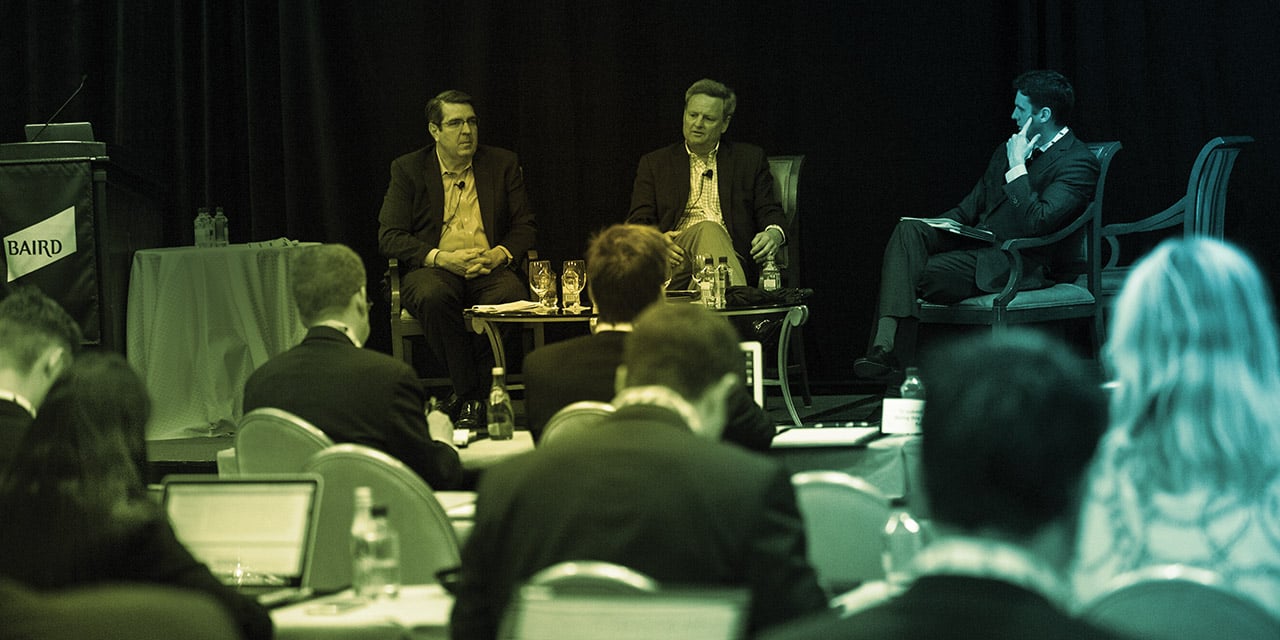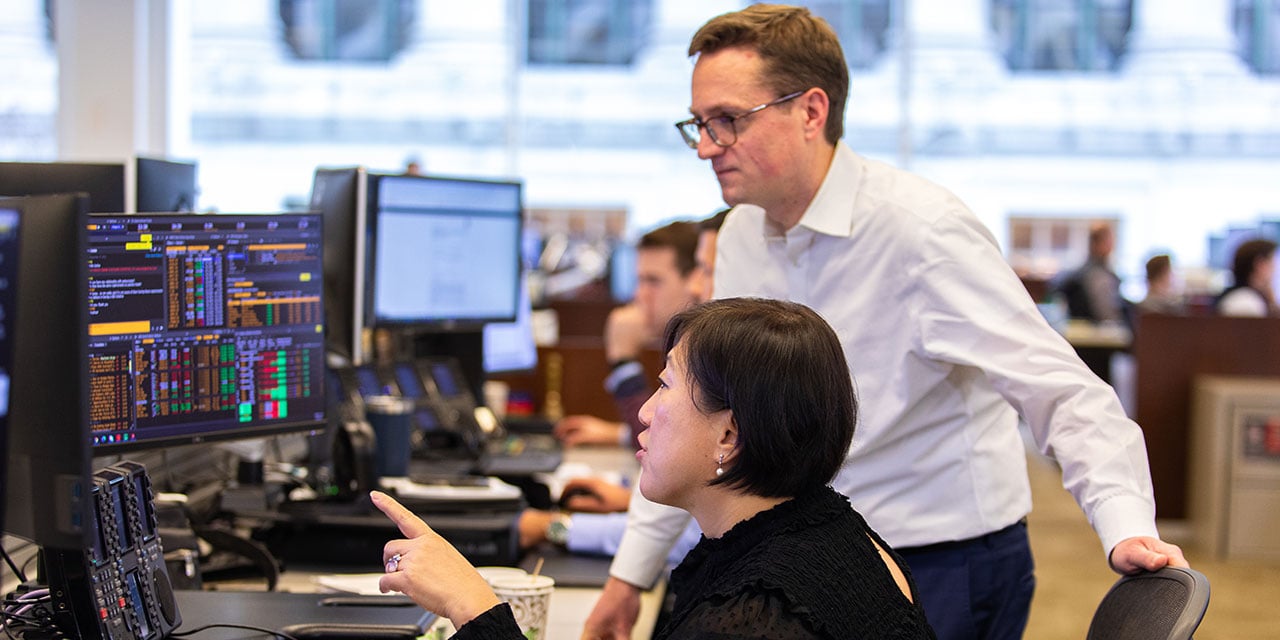Navigating Private Investing and the Impact to Public Equities
Equities,Conferences,Investment Banking
![]()
Investors are navigating an interesting confluence of trends: As the public markets achieve strong, absolute performance, the private markets continue to grow in significance with regards to capital allocation. Baird hosted a panel to explore the implications of this trend at the firm’s recent virtual 2021 Global Consumer, Technology & Services Conference.
The discussion featured the insights of four industry experts, including Greg Tuorto, co-head of small-cap and co-lead portfolio manager of Small/Mid Growth Fund and Small Cap Growth Fund, Goldman Sachs Asset Management; Mike Kuchmek, global head of equity capital markets, Schonfeld Strategic; Gavin Kolt, head of equity capital advisory, Baird Global Investment Banking; and John Moriarty, Managing Director, Baird Global Investment Banking. Moderating the discussion was Jon Langenfeld, Head of Global Equities at Baird.
Watch the Panel >
Key Takeaways
Private capital managers have both record assets under management and dry powder
The panel kicked off with an overview of the large, robust global private capital markets. “The amount of capital that's being committed to private equity managers across all strategies globally has risen dramatically over the last decade,” said Kolt, adding managers have approximately $8 trillion in assets under management and about $2.25 trillion of dry powder awaiting deployment – both record highs.
Private capital is putting a higher premium on relationship building…
Tuorto spoke about the increased importance of building relationships with companies, a process that has moved. “There’s a lot of names that you know that you’re going to see that are going to come public in a year or two years or three years. So, when that testing the waters or non-deal roadshow meeting pops up, you have a sense of, ‘Okay, where is this company in its life cycle? How many more milestones do they have to reach before they want to go public?’”
“It’s been really interesting as some of these firms have become really, really active and I'm going to play every time something comes up in my sphere. That's also changed things around… I wouldn't say it's made us more cautious. It's just made us kind of really ask, I think, more intelligent questions about the capital structure, [like] ‘Who's in the cap table and what can we learn about that?’”
… and allowing companies to be more selective in whom they choose to partner with.
Kuchmek agreed with Tuorto’s insights on the need to build relationships earlier on and added, “… everyone has capital. And so the companies, and particularly the marquee companies, can pick and choose who they want as their partners a lot more. And so I would argue that even if you're a preeminent funder, a preeminent investor, you have to focus a lot of your time marketing yourselves to the right companies so that you are positioned well when they choose to raise money or choose to go through these events.”
VCs and private equities are looking harder at the public markets.
While venture capital and private equity firms have historically preferred sale transactions, Moriarty pointed out more are considering going public as a viable exit path. “The size of companies that the private equity firms are holding today have increased over time dramatically. And so a lot of these companies are now at the size and scale where historically it was maybe an option. Today, it is an option. And in some cases, they’ve gotten so big it’s almost the preferred option because it’s hard to sell some of these assets at scale to another private equity firm or to a strategic.”
Investors remain interested in SPACs – but are taking more a more discerning look before committing capital.
Moriarty acknowledged SPACs have become an important part of the market, and financial sponsors are weighing the tradeoff between certainty and value. “I think most people would generally prefer cash and closed. However, if the arbitrage is large enough, they're willing to take the risk and move forward in that process.”
While investors are still expressing interest in SPACs, they’re also being very selective and even putting pressure on pricing. Kolt said, “I think this is a very healthy dynamic, because think, you had too many SPACS pricing and taking public overvalued mergers that just didn’t work in the public market once you worked through all the dilution. People have figured that out.”
Panelists
Baird Moderator

Schonfeld Strategic

Goldman Sachs Asset Management
